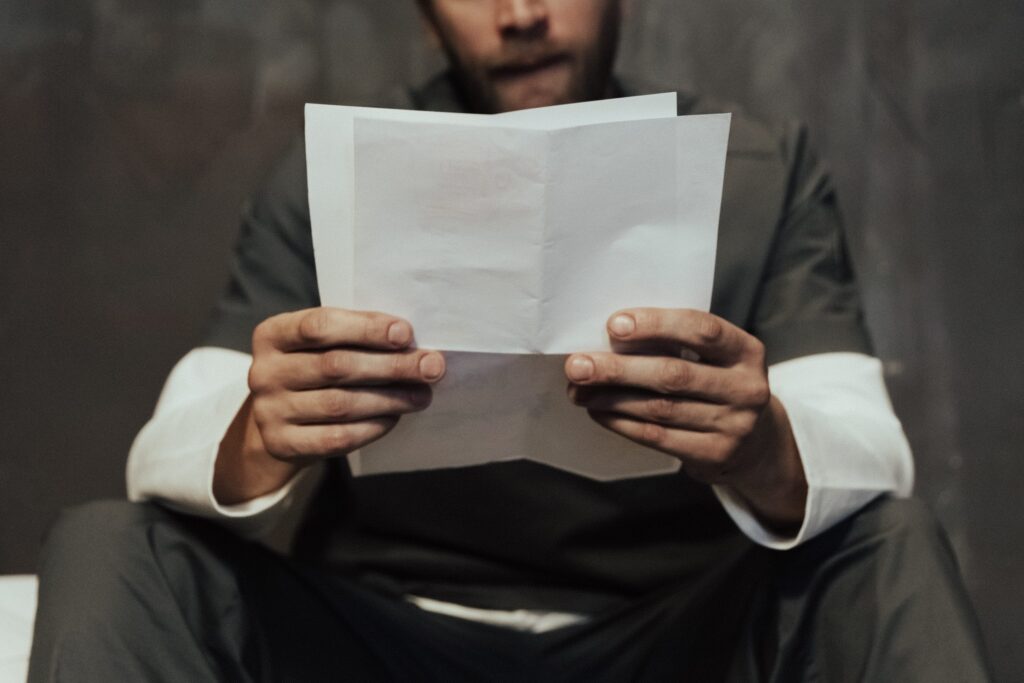Co-Authored by Sarah Toney
If you are charged with a crime, it may be tempting to try and resolve the matter quickly by entering into a plea bargain with the prosecutor. After all, few people want to endure the cost and stress of a trial if it can be avoided. However, if you are a professional licensed by the Illinois Department of Financial and Professional Regulation (IDFPR), it may not be in your own best interest to do so. In the vast majority of cases settled criminal cases, a prosecutor will require you to enter a guilty or no contest plea, both of which are considered the same as a conviction and will be permanently added to your criminal record. While you may face a significant reduction in charges, in return you may lose certain rights and privileges, not to mention your right to appeal.
For licensed professionals, the fallout from the criminal allegations does not end with the criminal court outcome. Licensees must report criminal convictions to IDFPR and their licensing board. IDFPR does not distinguish between a conviction based on a plea bargain and one-handed down after a jury trial. For the licensing board, guilty is guilty. Based on the outcome of your case, your conviction could have a significant and long-lasting impact on your license and, by extension, your ability to practice in your chosen profession. In fact, being convicted of a crime may, in some cases, put your license at risk for immediate suspension or revocation.
Illinois Administrative Code bases a large number of disciplinary actions on criminal convictions. For example, the Medical Practice Act of 1987 (225 ILCS 60/) states that the license of a health care professional may be immediately revoked, suspended, placed on probation, or be subject to other disciplinary action in the event that a licensee has “A plea of guilty or nolo contendere, finding of guilt, jury verdict, or entry of judgment or sentencing…under the laws of any jurisdiction of the United States of any crime that is a felony.” (225 ILCS 60/22). There is no distinction between a voluntary admission of guilt and a verdict achieved in other ways.
While being convicted of a felony is automatic grounds for disciplinary action, other convictions may carry a range of consequences, from probation to fines – and more. In fact, some plea bargains may include stipulations that you voluntarily relinquish your professional license, often permanently. Unlike some licensing statutes that allow for eventual reinstatement, giving up your license in a plea bargain rarely offers anyone that chance.
It may seem like the best course to settle the criminal charges against you without a trial. You must first factor in the often-permanent consequences of losing your professional license and, by extension, your chosen career. If you find yourself charged with a crime, it is vital that you contact an experienced attorney who can help you navigate the complex world of both the criminal justice system and administrative law.




